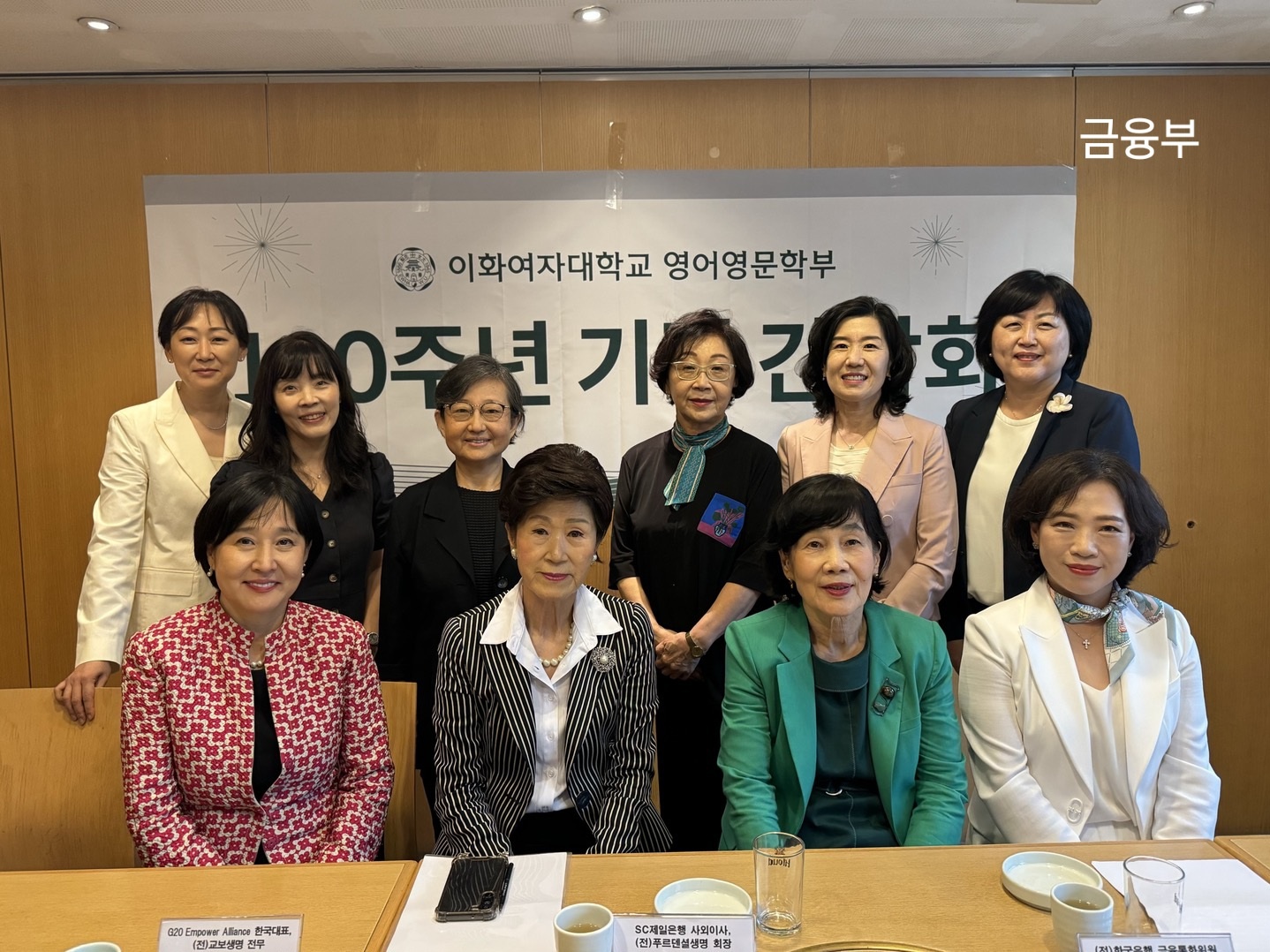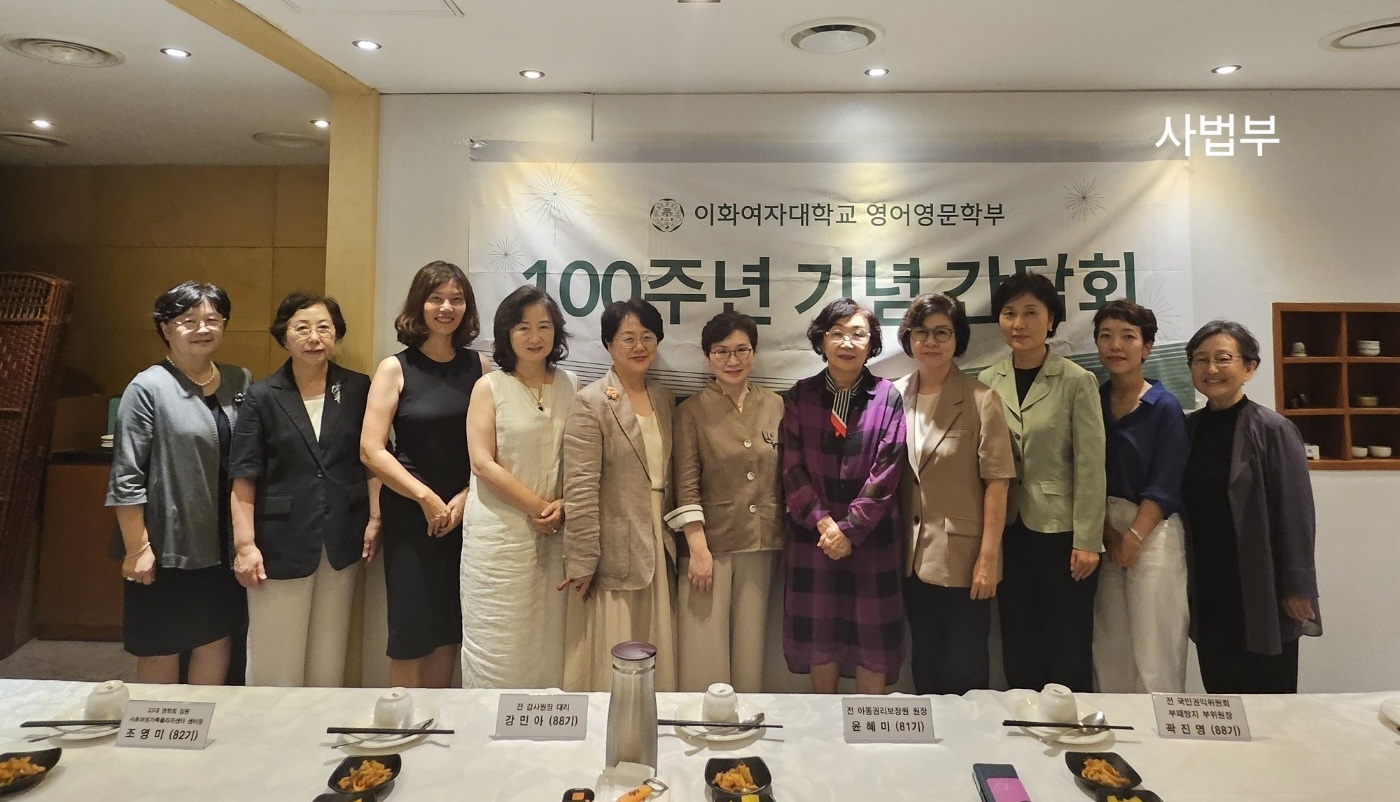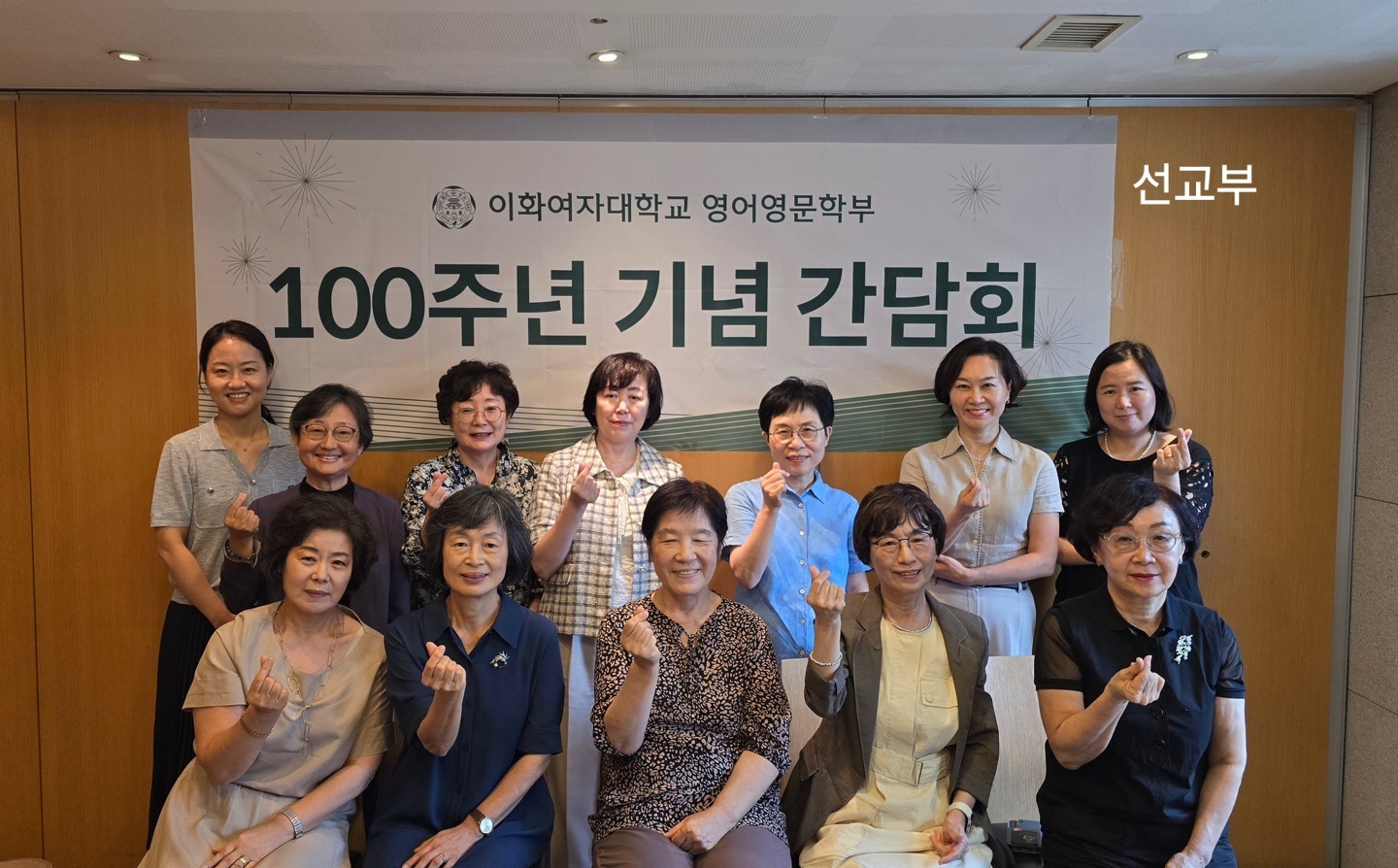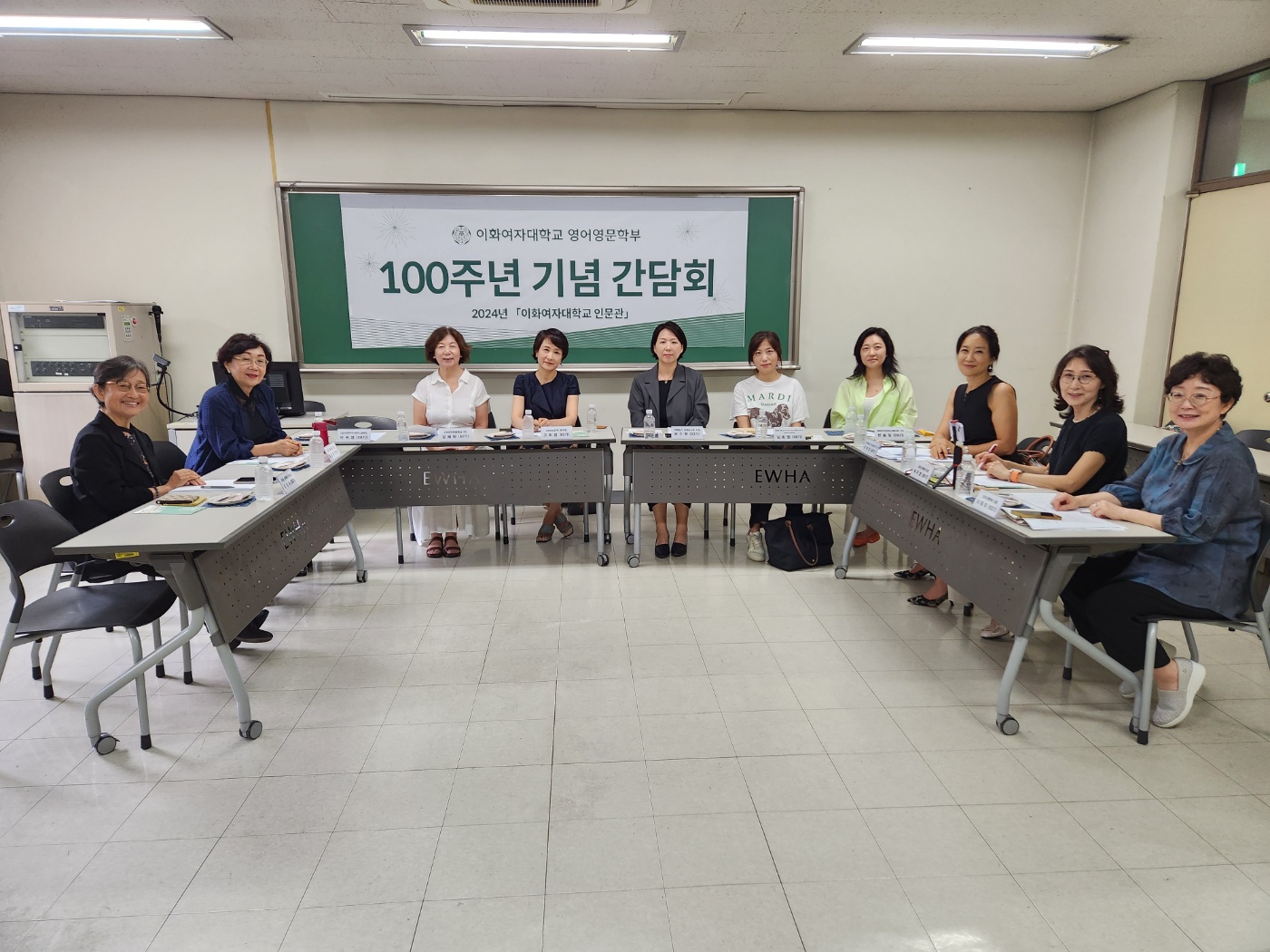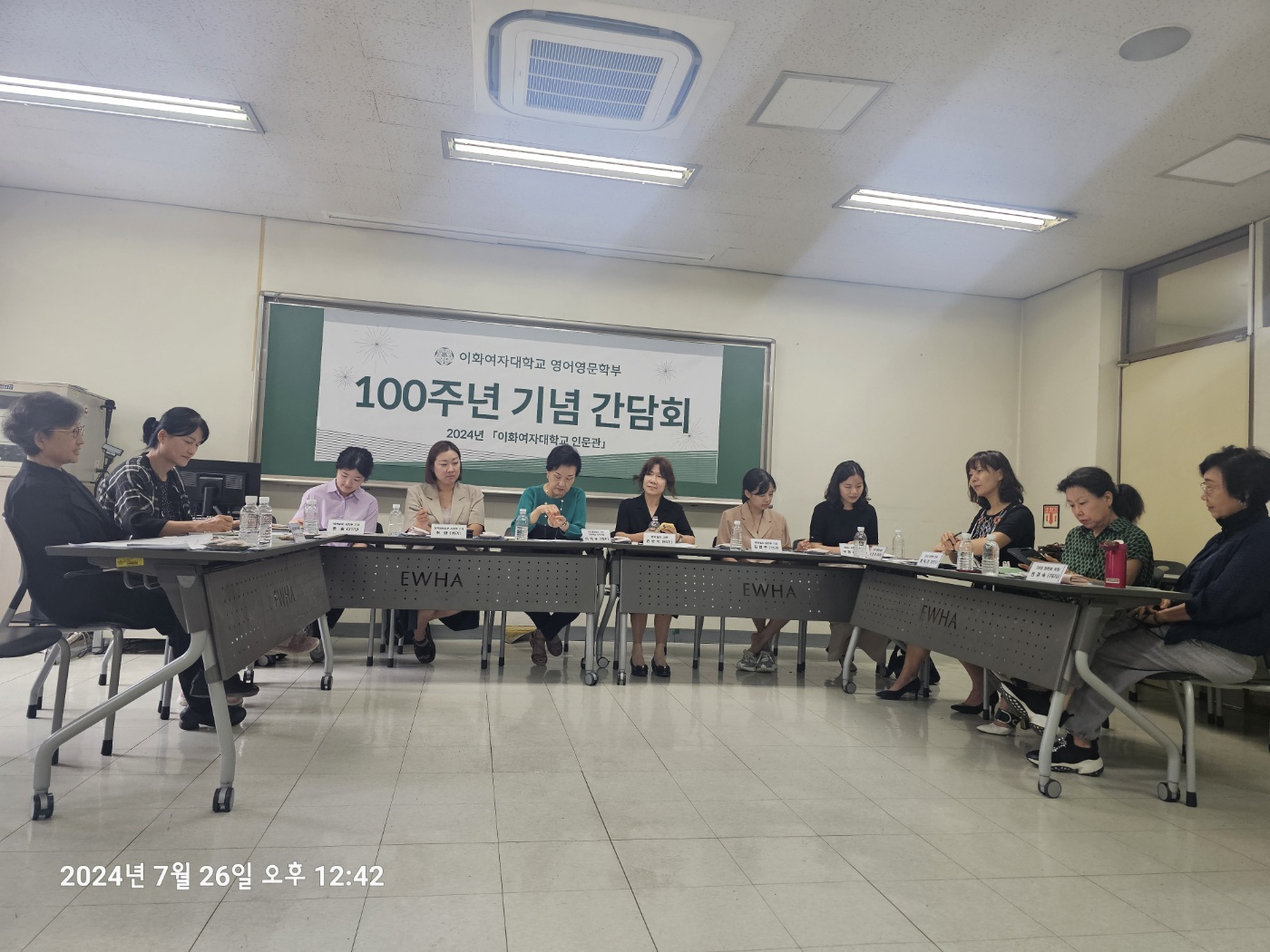'64년도 졸업 김영자 동문 미국 이민 수기
페이지 정보
방영란 쪽지보내기 메일보내기 자기소개 아이디로 검색 전체게시물 ( )
작성일2005-10-31 20:33
조회9,108회
댓글0건
)
작성일2005-10-31 20:33
조회9,108회
댓글0건
본문
~~~~~~~~~~~~~~~~~~~~~~~~~~~~~~~~~~~~~~~~~~~~~~~~~~~~~~~~~~~~~~~~~~~
콜택시 운영 서영자씨 美이민수기 공모 당선

다음은 동아일보의 기사를 퍼왔습니다.
~~~~~~~~~~~~~~~~~~~~~~~~~~~~~~~~~~~~~~~~~~~~~~~~~~~~~~~~~~~~~~~~~~~
 |
“이제는 회사 직원들이 ‘아메리칸 드림’을 이루도록 도와주는 것이 나의 일입니다.”
미국 이민 36년째로 샌프란시스코 인근 샌머테이오에서 콜택시회사 ‘럭소’를 운영하는 서영자 사장(63·사진)은 장학 및 사회사업재단 ‘킴 파운데이션’(이사장 김대원)이 주최한 ‘이민 수기 공모’에서 1등에 당선된 소감을 이렇게 말했다.
1등상 상금은 5000달러(약 520만 원). 시상식은 지난 1월 21일 뉴욕에서 열렸다.
서 사장은 전화 인터뷰에서 “15년 전 세상을 뜬 남편의 못다 이룬 꿈을 이어가기 위해 갑자기 사업에 뛰어든 150cm의 키 작은 동양 여자를 무시하지 않고 도와 준 미국인들의 친절이 오늘의 나를 있게 했다”고 회고했다.
그 과정이 쉽지만은 않았다. 1968년 결혼 사흘 만에 이민 길에 오른 신부에게 남편 서진 씨는 “꿈을 이룰 자신이 있으니 걱정 마라”고 했지만 품속엔 단돈 500달러뿐이었다.
친절을 무기로 주유소와 자동차정비소의 영업을 차례로 성공시킨 남편은 이민 7년 만에 조그만 택시회사 사장이 될 수 있었다.
허가를 내주려 하지 않는 시청을 설득해 영업을 시작한 남편은 운전사를 가족처럼 대하는 한국식 경영방식으로 호평을 받았다.
그러나 얼마 후 남편은 암 판정을 받은 지 두 달 반 만에 세상을 떴다.
“남편은 ‘작은 동양 여자가 할 일이 아니니 회사를 처분하라’고 말했지만 꿈을 이뤄야 한다는 생각에 내 인생을 바꿨습니다. ‘택시 레이디’가 되기로 한 거죠.”
서 사장이 운영을 맡은 직후 회사는 미국의 장기불황에 시달렸다. 30여 명의 운전사들은 동양인 여사장을 떠보려고 말썽을 부렸다. 한때 3명을 해고하는 강수를 쓰기도 했던 서 사장은 ‘직원들을 사랑으로 대하자’는 결심을 했다. 달리 길이 없었다.
이런 노력 끝에 회사는 가족 분위기로 변해 갔고 직원들은 서 사장을 ‘둘째엄마’ ‘룩소 맘(mom)’이라고 부르게 됐다. 불황인데도 낡은 택시를 새 차로 바꾸는 과감한 투자전략으로 단골을 확보한 서 사장은 이 고객들을 놓치지 않고 내수 위축을 헤쳐 나갈 수 있었다.
현재 콜택시 15대를 운영하는 서 사장은 9개국 출신의 운전사 30여 명과 함께 회사 안에서 ‘작은 미국’을 만들어 가고 있다.
고생담이 이어지는 어머니의 이민 수기를 읽고 울음을 그치지 못한 딸 수원 씨(34)는 인터넷 검색업체 야후의 고문변호사로, 아들 필원 씨(33)는 미 항공우주국(NASA) 캘리포니아연구센터에서 웹 관리책임자로 일하고 있다.
서 사장은 “두 아이가 직장에서 사랑받는 것도 나로선 아메리칸 드림을 이룬 것”이라며 웃었다.
뉴욕=홍권희 특파원 konihong@donga.com
다음은 당선된 수기 전문입니다.
~~~~~~~~~~~~~~~~~~~~~~~~~~~~~~~~~~~~~~~~~~~~~~~~~~~~~~~~~~~~~~~~~~~~~~
Young So
MY AMERICAN DREAM
I did not have an American Dream when I first came to America. If I had one, it was a bad dream.
First of all, it wasn’t my idea to come to America – it was my husband’s. As a member of a North Korean family that fled to South Korea, he didn’t see a bright future there, even as a college graduate, because at that time, South Korea was a society where connections played a key role in success. Like many other North Koreans who lacked connections, he decided to flee, one more time, to a dream country.
Three days after we got married in Seoul in 1968, we were on a Northwest airplane to San Francisco, and my husband, Chin, who dared to carry only $500 in his pocket as a down payment to buy his big American Dream, said confidently,
“Don’t worry. I am confident that I will make my dream come true for you.”
His was a rosy dream all right. But mine was a dark one. On the plane, all I could see were difficulties and uncertainties waiting for me in the world’s most beautiful city. This enchanting city, famous for its romantic fog, radiant bridge, and ringing cable cars couldn’t steal my worried heart.
I was right – it was a bad dream, at first. As the partner of a reckless dream-chaser, I tried to be a faithful collaborator, as I vowed at our wedding ceremony to stand by his side through good and bad times. Soon, there came a financial crisis – at one point we were down to just a few dollars. It was unreal to me that I was actually poor. I imagined myself as a romantic heroic figure out of a storybook who married the poorest suitor, which made me feel better. Still, poor or not, Chin was too stubborn to change his mind about running his own business instead of working for someone else.
With his typical, fearless ambition, he somehow convinced Texaco Oil Company to let him reopen one of their gas stations, which had failed and been abandoned for some time in Petaluma, 45 miles north of San Francisco. The company made an exceptional deal with him by allowing him to start with a minimal investment of $2,000, which he borrowed from his friend, and in time, he became the third or fourth small-business owner among Korean immigrants in the San Francisco area.
This small, all-white town welcomed him with “Chinese Go Home” graffiti on the station windows, which continued regularly for the next few months. But there was an old man in Petaluma, impressed by Chin, because he worked a 14-hour day not including the two-hour commute to and from San Francisco each day, who coaxed some of the other townspeople to support his gas station and stop the graffiti.
By the first year anniversary of his opening the gas station, these same people shared with us their first crop of home-grown tomatoes, oranges, lemons and fresh-laid double-yoked eggs (they were very popular at that time).
In less than two years, everybody became happy; to the oil company he was a small miracle, to the townspeople he was their first Asian friend, and to a willing buyer he was the seller of a successful business. Now he was ready to close the first chapter of his “American Dream” with a happy ending. The second chapter came a little sooner than he originally planned, since our first child, a daughter, was born in San Francisco, in a studio apartment that didn’t allow children. So, it was good timing for him to take a step-up towards his American Dream.
He opened the second chapter with our child’s education in mind, which was a major part of his American Dream – this part of his dream I shared with him. We moved to San Mateo, 20 miles south of San Francisco, a well-to-do, suburban community with a good school district and a huge central park just a few blocks away. Knowing that my child would grow up and attend school in a very conservative suburb with an excellent school district, I accepted this second chapter as a bold challenge, and decided to participate in his fierce race as a strong partner, rather than just a collaborator. His American Dream became our American Dream. It was 1971.
Chin purchased an auto electronics repair business in San Mateo, only to realize that he had made a horrible mistake. In this conservative, suburban city, which was more sophisticated than the country town Petaluma, the locals wouldn’t even leave their car with a minority-owned business for service. So we had to endure another financial crisis, this time with two children – a son had been born into our family. This second crisis was a bigger blow to me because I no longer had the romantic heroism that I had the first time, and I got very anxious. What if we couldn’t give our children a good start? Was this a meaningless American Dream?
After a couple of years’ struggle with this business, he somehow managed to acquire a struggling gas station in San Mateo in 1973 and it didn’t take long to establish himself with the benefit of his previous experience in Petaluma. By 1975, after he sold both the auto-repair business and gas station, he was ready for another jump. He decided to take over a small taxi cab company, owned by an old retired man. Nobody liked his plan – his American and Korean friends and I thought he would fail because of the tough nature of the business and the discrimination he would face.
As it turned out, we were almost right. At first, the City of San Mateo thought it was inappropriate for a Korean “boy” to play a part in their public transportation, so he had to prove himself before the City Council at a public hearing by detailing his education and family background. But when they were satisfied and approved his purchase of the business, they actually congratulated him and wished him good luck. I wondered if getting approval from the city was more of a curse, because the rest of us felt he was destined to fail.
The drivers didn’t want to accept him as their boss – they were all white. One day, they tried to sabotage him, and only half the crew reported for work. Instead of reprimanding them, Chin quietly worked 36 hours straight to show his determination. Both the day-shift and night-shift crews went home, and when they returned for their next shift, he was still there sitting in the same chair. I think they were quietly shocked, because everyone reported to work for the next shift.
It took a few years to build the business in his style, infusing Asian values, by building a family among the drivers which resulted in happy employees, and building a reputation as a company that showed particular respect for elderly customers. Soon, they said our company was the best in the city, and they felt lucky, especially the little old ladies, to have Chin in town. With happy customers and employees, we were cruising towards achieving our American Dream – a house in a nice neighborhood, a nice car, and children in good schools. We vacationed American-style, enjoyed American sports like snow-skiing and tennis, and attended concerts. And most of all, we believed that a bright future was guaranteed for our children because they were excellent students. Nothing seemed to be missing to me, and I wished that the last paragraph of my American Dream story would be about “the romantic figure out of a fairy tale who married the poorest suitor and lived happily ever after.”
But then there came bad news. He thought he had the flu, but it turned out to be cancer, and in two and a half months, it took him. Just before he passed away, he told me that he wished for more time to fulfill his dream, and when he realized that I, a housewife of 20 years, and my children in school couldn’t continue his dream, he seemed to fold his dream along with his life. It was 1989.
Materially speaking, whatever he left us was enough for me. He left me a car, a BMW, which was the most expensive of all my neighbor’s cars. Even my immediate neighbor, a medical doctor, was driving a Dodge. This was more than I needed. If the American Dream was only a matter of financial gain, I had it all. But I didn’t need all this since I am the kind of person who doesn’t get tired of living in the same house for 30 years and driving the same car for ten years. I could have sold off the business, as Chin told me to do. He emphasized that I shouldn’t dare to run this tough business because it did not suit an Asian woman standing 4’11” high.
But what about his unfulfilled dream? Without knowing exactly how to do it, his dream had to continue, I thought. Even though it seemed to be a mission impossible to everyone, including me, I opened a new chapter of my life, all alone without him, to be a “taxi lady.” At that time, all my competitors were betting that I would fail in six months. But I had the encouragement from the 30-some men that came with the business who told me that I would not be alone. As Chin did 20 years before, I told my two worried children,
“Don’t worry, I am confident that I will fulfill your daddy’s dream for you.”
This time I had more than $500 in my pocket.
The beginning of this chapter wasn’t that smooth. The same problems which I was already familiar with through Chin, started to grow to monstrous sizes. They were not “our” problems anymore, but all “mine.” They led me to many sleepless nights, and each one of those nights I said to myself that it was going to be my last day in this business. But, the next morning when the famous California golden sun shone through my bedroom windows, I renewed my determination, blaming the wily night before on my silliness.
I started to hate many people and many things, and hated myself for hating them. I couldn’t help but call some of my drivers “betrayer” for not keeping some of the promises that they made to me in the beginning. Often times I was seized with the fear that one of our dark-minded customers would see us as an easy target for a lawsuit and cost me my business. Not being savvy about mechanical things, I felt helpless whenever my old cars broke down – I wished I could beg the metal and plastic not to break down on me. And to me the long recession that started in 1990 was the government’s fault, even though I perfectly understood that it was a part of the natural economic cycle.
I can’t forget a few of my worst moments during this time. One of them was the day that over one-third of my crew called in sick. It was the day after a very busy and profitable day. Some had hangovers from the previous night’s drinking, and others, who preferred to work the minimum just to survive, had made too much money to bother to come into work. One driver claimed that his grandfather passed away - for the fifth time. Because I’m too small to reach the gas pedals in our cabs, I spent most of that day driving around customers in my small Infiniti, some of whom did not appreciate my efforts – like the family of four who were upset that my car was too small, even though I didn’t charge them. I felt that my drivers wanted to test my limits with them, so I fired three of the most problematic drivers. They were surprised to see the other side of me - toughness.
The worst of all was a letter from an old lady who just lost her 82-year-old husband. In that letter, she blamed my company as the immediate cause of his death, claiming that because our cab was three minutes late, he was so aggravated he forgot his umbrella. When he arrived at his destination, it was drizzling (not raining, she was honest about this in the letter) and just a few drops were enough for this old man to catch a cold and develop pneumonia, which led to his death. This poorly typed letter horrified me with sleepless nights.
Looking back on those days, I think that I might have misjudged some people and misinterpreted some difficult situations, because I was always looking out for the ill intentions of others who might want to take advantage of me, a minority woman. But in the end, what I thought was a disadvantage turned out to be an advantage, because America holds a basic respect for women, and takes special care of smaller ones - which was good for me, as tiny as I am.
I started to see some possibility out of impossibility by striving for a positive outlook on difficult people and situations – and actually, I didn’t have a choice. Trying to be positive about my employees, I could see their good sides – good hearts shadowed by their bad habits, which they picked up along the way in leading their tough lives. So I came to see the other side of the problems my drivers brought to me. When the driver who was famous for his grandfather’s multiple deaths called in absent, this time for the seventh time to attend the funeral, I found it “cute” instead of outrageous. I knew that he was already straining his limits not to miss work and instead of giving a lame excuse, he used his good sense of humor at the time of my crisis and his.
When another driver came to me to ask for his job back after his third release from jail, I took him back, even though his driver’s license was revoked for seven years. I never personally knew anyone who had actually been in jail, so I was kind of proud of myself for seeing past this dark mark. For obvious reasons, the police department opposed my taking him back, even though we limited him to office work. But when he successfully made it through three drug-free years with me, the police called it a small miracle. And for my willingness to take these kinds of chances, they called me an unlicensed “halfway home operator.”
By seeing the nasty recession as the best chance to invest rather than struggling to just survive, I borrowed against my house and invested in replacing all the cabs with newer ones, and I became friends with my metal and plastic partners. It was a pleasant surprise for my customers to be picked up by shiny new cabs during these down economic times, and an unexpected blow to my competitors who were still dragging their old fleet around town. It was one of my best business decisions, and I learned how and when to take risks. And there were no more horrible nightmares – no more dreams of arriving at the office to see all the cabs down with mechanical problems, and all my poor guys looking at me with reproachful eyes.
Much later on, I came back to the letter from the old lady about her husband’s death. I was surprised to find that I overlooked the last part of the letter, which when read more carefully, contained a compliment:
“Your company has never been late before and all of your drivers have been very good to us. I am claiming $113, covering actual costs of long distance phone calls to his doctor and express mail of his medicine.”
I was surprised that she only wanted $113 for the cost of his death. I almost liked her – I mean it.
It took me more than five years for me to realize that I made the right decision by continuing his business. Now I can tell Chin, only if he could hear me, that his dream was not wasted. I came to love everyone and everything around me, which made it possible for Chin and me to achieve our American Dream – my children, my employees, my customers, government employees, peace officers, and AMERICA.
Now, my children, the main reason for our American Dream, are respectful American citizens, whom I call super children, and in return, they call me a super mom. My company is still small, which is the right size for me, but most loved by the residents of the cities we serve because of our happy drivers and their great service. We are a happy family with nine different nationalities, where a Palestinian and a Jew are brothers, and a tiny Korean woman is their second mother. When a driver who is three times my size cried on my shoulder after his girlfriend ran off, and another driver whose father was diagnosed with cancer cried constantly as I consoled him for 20 minutes, I felt I already had too many children, and turned down an unbelievably good offer to buy a competitor’s business. So I’m called “Luxor Mom” (Luxor is the name of my company) and “Mama Young.” And it seems right when I call our Luxor family a “small America,” as I call America a “small world.”
Now the city and the police department are happy to have me as a faithful service provider for their elderly citizens, and a shelter for the unwanted. At least three of these problematic cases came to me that are now, after some polishing, clean and hardworking men. They were very right when they called me an “unlicensed halfway home operator” and called my company “Young’s Toy” and “Young’s Hobby,” because they saw my company as more of a non-profit organization than a money making operation.
As our American Dream still goes on, I consider Chin and myself an American success story. We built financial security from nothing, even though it was not exactly an empire, and established a good name as a Korean-American – some call me a “Korean taxi queen.” Furthermore, we tried to build a model America in our company, by providing a refuge for 30-some “adoptive children” to rekindle their abandoned hopes and to seek their own American Dreams, and by infusing this American spirit with Korean family values of sharing struggles and working closely together. Our family is a seemingly dysfunctional one, but it embraces different races, customs, and odd personalities, with love and understanding, driven by the necessities of wanting a place to call home.
My dream, along with the 30-some other American dreams, continues.
댓글목록
등록된 댓글이 없습니다.


